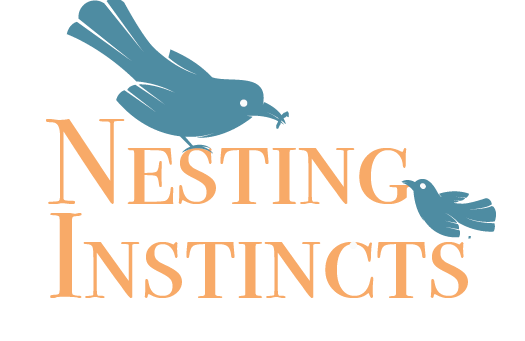Tests for genetic abnormalities are the norm these days for most pregnancies. A simple blood test or the more invasive amniocentesis remain the staples for ruling out Down’s Syndrome or other serious and sometimes life-threatening disabilities once a baby is growing in utero.
But, if you are going through or planning to go through in vitro fertilization (IVF), the tests — and the difficult decisions that follow — start before the embryo is implanted. By testing embryo chromosomes before implantation, doctors (and parents) hope to weed out problematic anomalies that might result in a disabled child or a miscarriage, both potentially devastating to those eager to create or grow a family.
What if you are a parent willing to take your chances, even with an imperfect embryo?
As the mother of a child with a disability (which we did not know about before birth) I was greatly moved by Jacquelynn Kerubo’s article this week in the New York Times about her and her husband’s process and decision to implant an embryo with a “mosaic” chromosomal set.
According to Yale University, mosaicism, which has been found in about 20 percent of tested IVF embryos, “occurs when a person has two or more genetically different sets of cells in his or her body. If those abnormal cells begin to outnumber the normal cells, it can lead to disease that can be traced from the cellular level to affected tissue, like skin, the brain, or other organs.”
In other words, abnormal cells might lead to disease, loss, fetal death or disability, but just as possibly might not. As Kerubo sums up her family’s choice:
“It was like rolling the dice, except for someone you’ve never met,” she writes.
With so many women postponing childbearing into their late 30s or 40s, many couples have to decide whether they are willing to roll the dice.
I am glad they were never handed to me. Twenty-two years after the birth of my son, I want to believe that had they been I would have done just as Kerubo and her partner did and move forward toward his birth. But since his arrival, many of my birth doula clients have faced decisions about whether to proceed with implanting a less than perfect embryo or continuing a pregnancy when a baby might have a disability and my heart goes out to them. I can not imagine my life without my son. But that is hindsight after all, he came to us without genetic testing.
If you are considering pregnancy and/or genetic testing, you may find Kerubo’s story helpful in your own decision-making. Read the full article here.


